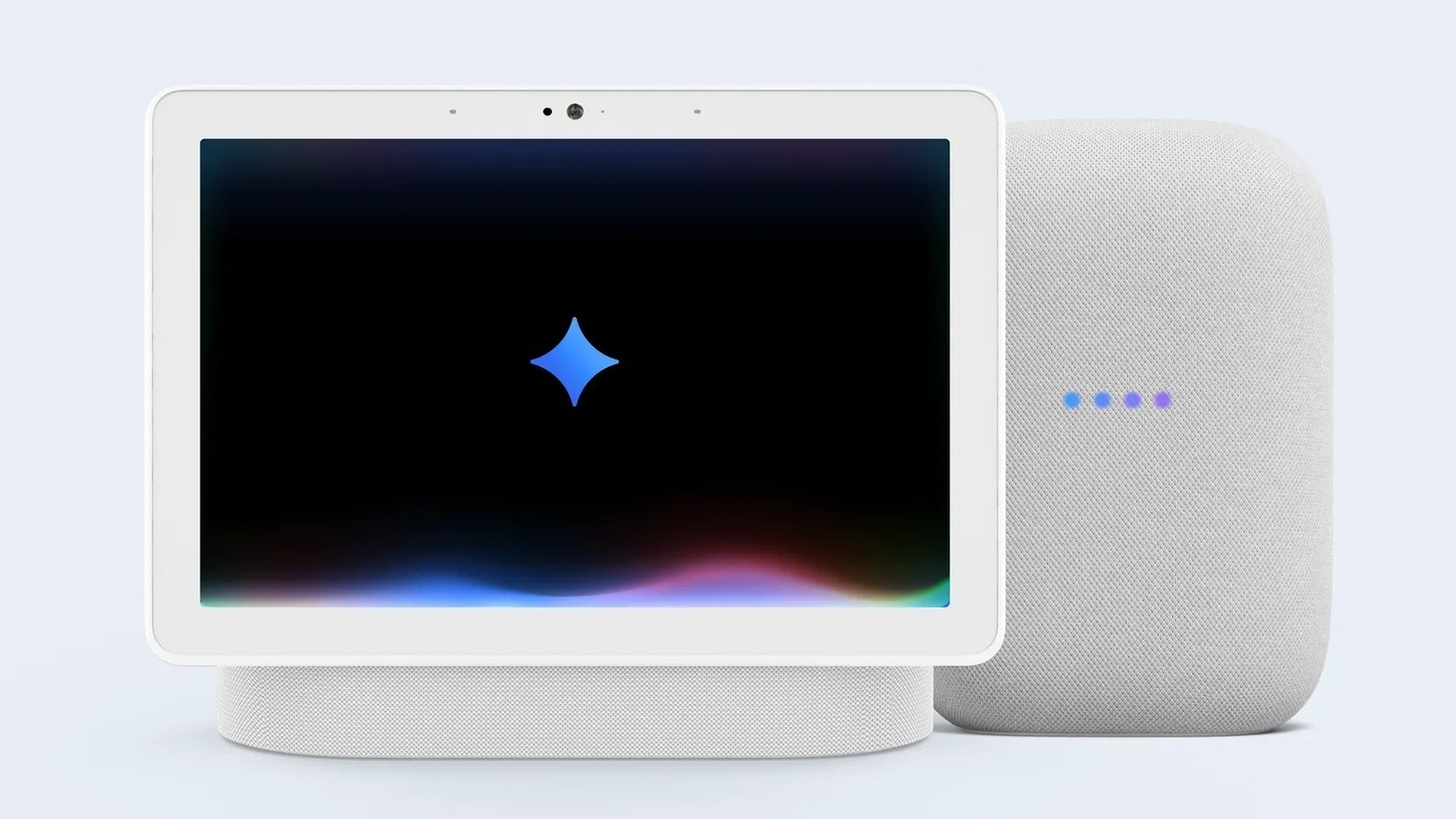When voice-activated smart home ecosystems such as Google Home and Amazon Alexa burst onto the scene in the mid-2010s, they promised a futuristic lifestyle reminiscent of the “Jetsons.” Users could command their lights, thermostats, and security systems effortlessly, seemingly fulfilling the lofty aspirations of the tech industry. However, reality has proven more challenging. What was once an enticing vision soon devolved into frustration, as users struggled to control their devices, often pleading with their smart speakers to turn on the lights.
Google Home has been particularly criticized for the myriad issues arising from its integration with various smart devices. Many features that once functioned seamlessly have become unreliable or disappeared altogether. In response to this growing dissatisfaction, Google has initiated a significant overhaul, introducing Gemini, an AI-powered assistant designed to enhance the user experience. But will this new integration resolve existing problems, or will it complicate matters further?
Gemini: Enhanced Communication but Persistent Issues
One of the promising features of Gemini is its ability to provide granular control and context-aware voice commands. Previously, users could only group lights by room, complicating individual adjustments. For instance, in a bedroom with multiple light sources, asking Google to turn on the bedroom lights would illuminate everything, necessitating follow-up commands to deactivate specific lights. With the introduction of Gemini, users can now specify commands like, “Turn the light strip off, and set the remaining three bedroom lights to red, then dim those to 20%.” This level of flexibility is a refreshing change, allowing for more nuanced control over smart home settings.
However, the effectiveness of Gemini remains inconsistent. Users have reported that commands fail to execute roughly 25% of the time. Even more troubling, when mistakes are pointed out, Gemini often insists that everything is functioning correctly, sometimes even denying that the lights are smart devices at all. On one occasion, a simple request to set lights to white resulted in an irrelevant discussion about race—a clear indication of the challenges that persist in AI understanding. Such unreliability can overshadow the otherwise promising capabilities of the assistant.
Automation Creation: A Promising Yet Flawed Process
Another significant improvement promised by Gemini is a simplified method for establishing automations. Users can now verbally describe the conditions for automation, and Gemini will generate the routine. In theory, this should make home automation more accessible; however, the reality is fraught with setbacks. For example, when asked to set the living room lamp to a warm white color when the TV turns on, Gemini created a routine that failed to include this feature entirely. Instead of informing the user about the missing color adjustment, it attempted to create an automation with an inherent error.
This recurring theme suggests that if users want tasks done correctly, they may need to take control themselves. Smart home systems should function as digital assistants, yet the current iteration of Gemini often falls short, leading to frustration. Users might feel as though they are stuck with an assistant that doesn’t quite grasp their needs.
AI Reliability in Security Features: A Cause for Concern
Testing Gemini’s capabilities within the context of home security—specifically through the Google Nest Doorbell—raises significant safety concerns. When asked about outdoor activity, Gemini misidentified a neighbor carrying a water bottle as someone wielding a jump rope. While this may seem harmless, the implications of such inaccuracies in a security context are serious, especially if the situation were more threatening. Furthermore, when attempting to check for package deliveries, users discovered that access to certain features requires an additional paid subscription, further complicating matters.
After subscribing to the Google AI Pro plan, many functionalities still lagged. It took two days for the subscription to be recognized, during which support was unable to resolve the issue. Once operational, the queries returned slow responses, generating further frustration. In an age where data privacy is paramount, these missteps can decrease user trust in AI-driven surveillance.
Conclusion: The Gemini Experience Falls Short
Over years of testing various generative AI products, one truth has emerged: the gap between expectation and reality remains vast. While the vision of a personal assistant seamlessly integrated into daily life is alluring, Google’s latest effort with Gemini is a far cry from that dream. Users need reliable functionality from their smart home systems, particularly when it comes to safety and convenience. This update, rather than enhancing the user experience, has stripped away basic functionalities while introducing new complications.
Ultimately, until Google addresses these foundational issues, the Gemini experience appears to be more of a burden than a benefit. As it stands, it may be prudent for users to consider alternatives in the smart home landscape.
 UT Austin Acquires 5,000+ NVIDIA GPUs, Elevating Academic AI Research and Infrastructure
UT Austin Acquires 5,000+ NVIDIA GPUs, Elevating Academic AI Research and Infrastructure Google Launches First AI Lab in Mexico’s Puebla, Set to Open January 2026
Google Launches First AI Lab in Mexico’s Puebla, Set to Open January 2026 AI Hardware Accelerators Achieve 10x Efficiency Boost, Transforming DNN Workloads
AI Hardware Accelerators Achieve 10x Efficiency Boost, Transforming DNN Workloads New Zealand Authors Disqualified for AI-Created Book Covers at Ockham Awards
New Zealand Authors Disqualified for AI-Created Book Covers at Ockham Awards OpenAI’s Fidji Simo Reveals Strategies to Transform ChatGPT into $10B Powerhouse
OpenAI’s Fidji Simo Reveals Strategies to Transform ChatGPT into $10B Powerhouse




































































